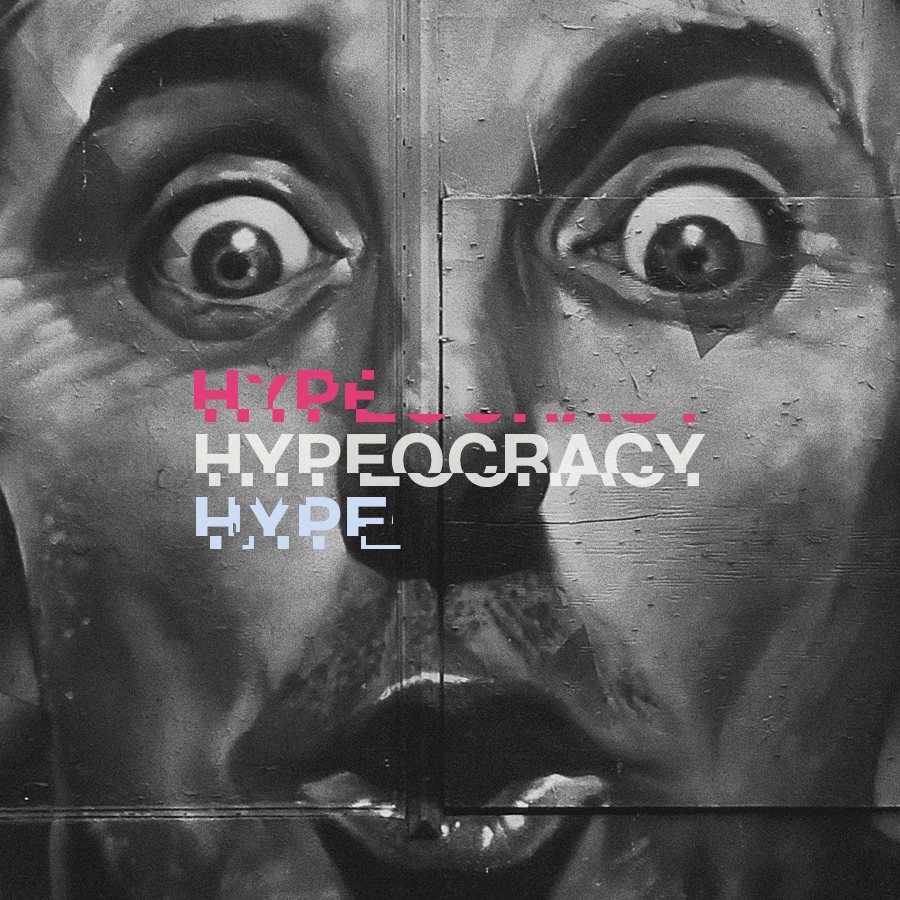Tribe
We want rules without rulers, and order without orders; that was the initial promise of the internet. And during the early days of the web, it really felt like we could have our democracy and eat it too. The internet was supposed flatten all of the old, stuffy hierarchies of power that had built up over centuries and replace them with electronic tribes. And we just assumed that along the way the skeleton of democracy would remain intact; as if none of the traditional structures we were tearing down played any essential role in supporting democracy.
But now we’re starting to see first hand what electronic tribalism really looks like and it’s kind of terrifying; it’s nothing like the techno utopia we imagined back in the early 2000’s when the word tribal had a cool, optimistic ring to it. Electronic tribes can be irrational, and righteous, and not very democratic at all.
When McLuhan came up with the idea of the global village he wasn’t imagining all of us sitting around a campfire holding hands. He was sounding a warning call: Tribes, he said, will often butcher each other for sport in their quest for identity.
Every major technological shift forces us to reassess who we are—collectively and individually. Is it any wonder we're so obsessed with identity right now? We quite literally don't know who we are anymore. What it means to be human is changing. And tribes have always offered our dimly lit consciousness some relief from the terror of living in the unknown.

